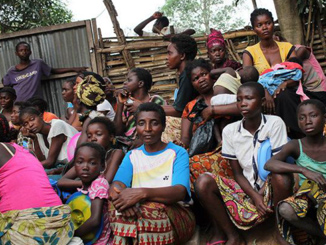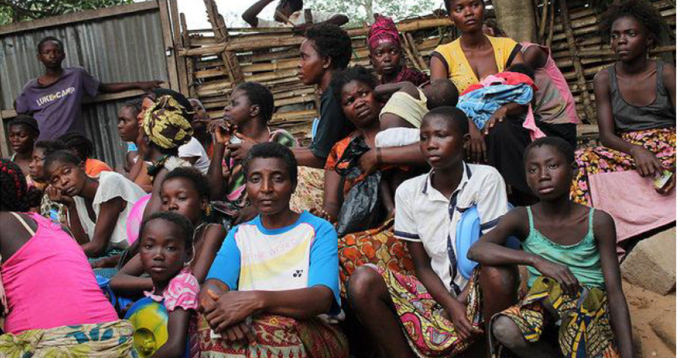

by Abaho Gift Conrad
Duniya Journal Africa Correspondent
In the shadow of decolonization, the Democratic Republic of Congo (DRC) emerged as a nation with boundless potential. However, the journey from independence in 1960 to the present day has been marred by persistent unrest, political turbulence, and humanitarian crises.
1960s-1970s: The Turbulent Birth of a Nation
The early post-independence era witnessed the charismatic leadership of Patrice Lumumba, whose vision for a united Congo faced immediate challenges. Political instability, foreign interventions, and secessionist movements set the tone for a tumultuous start.
Lumumba’s tragic assassination in 1961 fueled the flames of discontent, paving the way for a series of coups and power struggles.
1965-1997: The Mobutu Dynasty
Joseph Mobutu’s ascent to power in 1965 brought a semblance of stability, but at a high cost.
Mobutu’s regime was characterized by rampant corruption, human rights abuses, and economic mismanagement. While Mobutu accumulated immense wealth, the majority of Congolese
citizens languished in poverty. The centralization of power and suppression of dissent sowed the seeds of future unrest.
1996-2003: Wars and Conflicts
The late 20th century witnessed the eruption of two devastating wars. The First Congo War (1996-1997) stemmed from regional conflicts and the aftermath of the Rwandan genocide.
Laurent-Désiré Kabila emerged victorious, but his rule failed to bring enduring peace. The Second Congo War (1998-2003) escalated into a continental conflict, involving neighboring nations and numerous armed factions. Millions were displaced, and countless lives lost in a maelstrom fueled by competition for resources. Although a peace agreement was reached in 2003, violence persisted, particularly in the eastern provinces.
2000s-2010s: Post-War Challenges
The post-war era presented an opportunity for rebuilding, yet hurdles remained. Corruption, weak institutions, and regional conflicts hindered progress. The exploitation of mineral resources and humanitarian crises further complicated recovery efforts.
The Current Landscape: Ongoing Struggles
As we step into the 2020s, the DRC grapples with a complex mix of political instability, armed conflicts, and economic hardships. In the east, violence persists, with various rebel groups vying for control.
The recent Ebola outbreak and political tensions add additional layers to the nation’s challenges.
Conclusion: A Call for Stability and Prosperity
Congo’s history of unrest reflects a complex interplay of internal and external forces.
Addressing the root causes of instability, fostering good governance, and promoting sustainable development are essential for the DRC to chart a course towards lasting stability and prosperity.
The journey ahead demands a collective commitment to untangle the web of issues that has entwined this nation for far too long.
